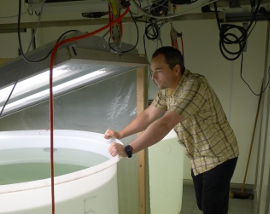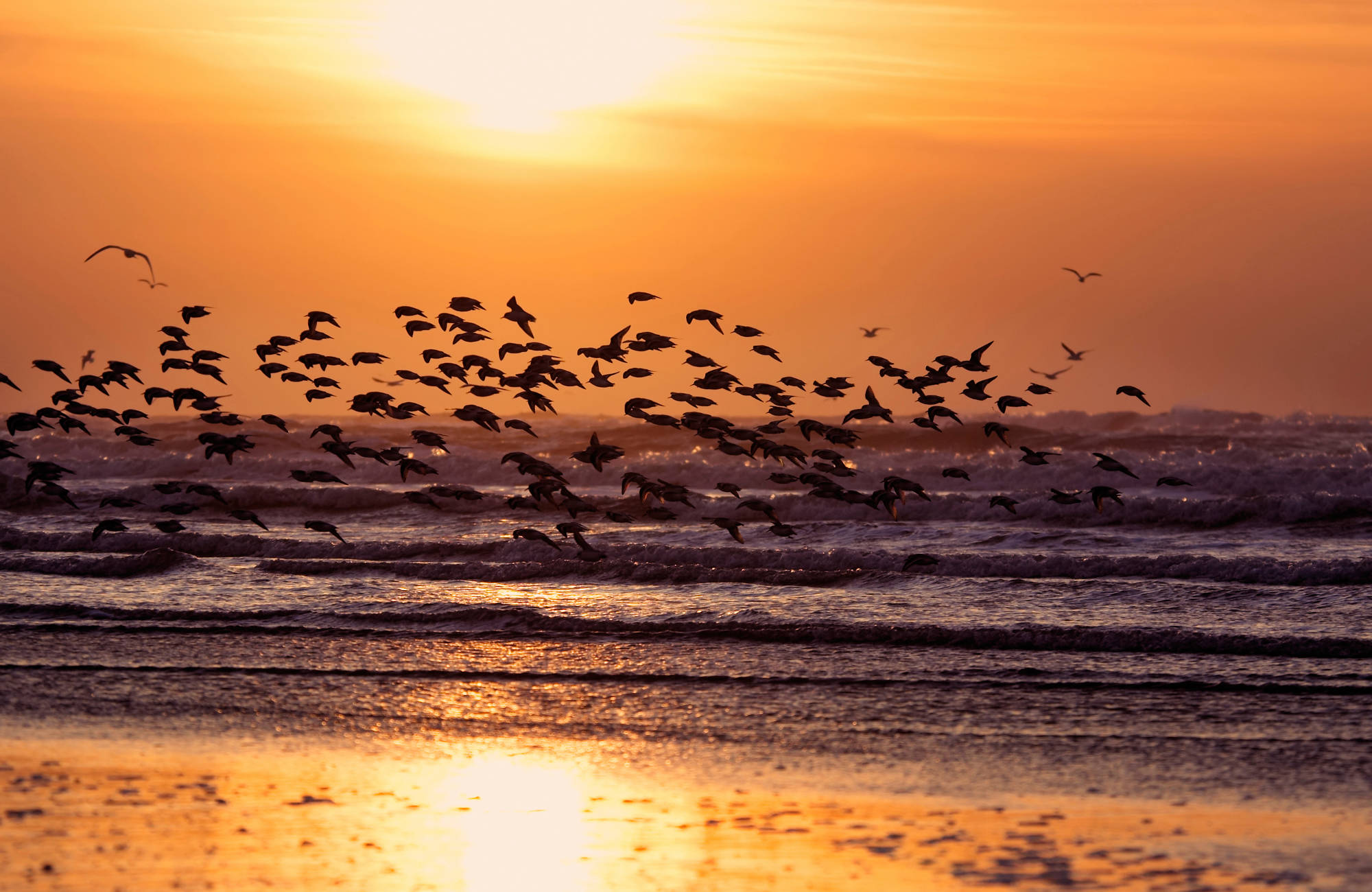Effects of sea surface warming on marine plankton

Ocean warming has been implicated in the observed decline of oceanic phytoplankton biomass. Some studies suggest a physical pathway of warming via stratification and nutrient flux, and others a biological effect on plankton metabolic rates; yet the relative strength and possible interaction of these mechanisms remains unknown. Here, we implement projections from a global circulation model in a mesocosm experiment to examine both mechanisms in a multi-trophic plankton community. Warming treatments had positive direct effects on phytoplankton biomass, but these were overcompensated by the negative effects of decreased nutrient flux. Zooplankton switched from phytoplankton to grazing on ciliates. These results contrast with previous experiments under nutrient-replete conditions, where warming indirectly reduced phytoplankton biomass via increased zooplankton grazing. We conclude that the effect of ocean warming on marine plankton depends on the nutrient regime, and provide a mechanistic basis for understanding global change in marine ecosystems.







